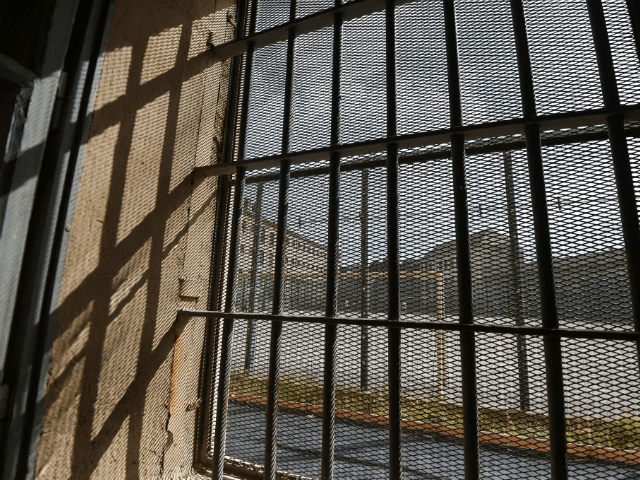Add “criminal” to the growing list of words banished from the English language.
In an article titled, “Stop labeling people who commit crimes ‘criminals,’” Kimberley Brownlee, a philosopher at the University of Warwick, calls the word an “epithet”—more commonly used to describe a term conveying something disparaging rather than its alternative definition as merely a neutral tag—and compares it to politically-incorrect terms and phrases for people with disabilities.
“By reducing people to their crimes, we see them as offenders and nothing else, and we force them to see themselves that way,” she writes. “Consequently, we might set up the exact conditions for them to become the kind of person who offends.”
Brownlee, educated at McGill, Cambridge, and Oxford, boasts a Fulbright fellowship and membership on the editorial boards of several academic journals on her resume. She calls labeling people judged guilty in courts of criminal offenses as an act of “prejudice.”
The 39-year-old philosopher titled a 2013 paper “Don’t Call People ‘Rapists.'”
The Washington Times reported last year that a section of the Obama Administration’s Department of Justice announced the substitution of “person who committed a crime” for “felon” and “individual who was incarcerated” for “convict” to remove stigma and psychological barriers for lawbreakers. Social justice activists seek to eradicate criminal justice designations because they allegedly capture a person at their worst moments rather than their entire essence.
Brownlee, whose scholarship focuses on civil disobedience, argues that not all laws find basis in justice, that mitigating circumstances often vindicate the actions of lawbreakers, and that childhood or other experiences often nudge individuals toward misbehavior.
“People who offend are not always blameworthy,” the professor at the Coventry, England, university argues. “And, people who are blameworthy are not always criminally liable. Moreover, even when people are both blameworthy and liable, they have a life story beyond the simple fact of committing a crime.”
Brownlee, who appears dismayed by labels in general, does not offer an alternative to “criminal” but instead challenges her readers with the task of “overcoming a counterproductive prejudice toward people who have offended.”

COMMENTS
Please let us know if you're having issues with commenting.